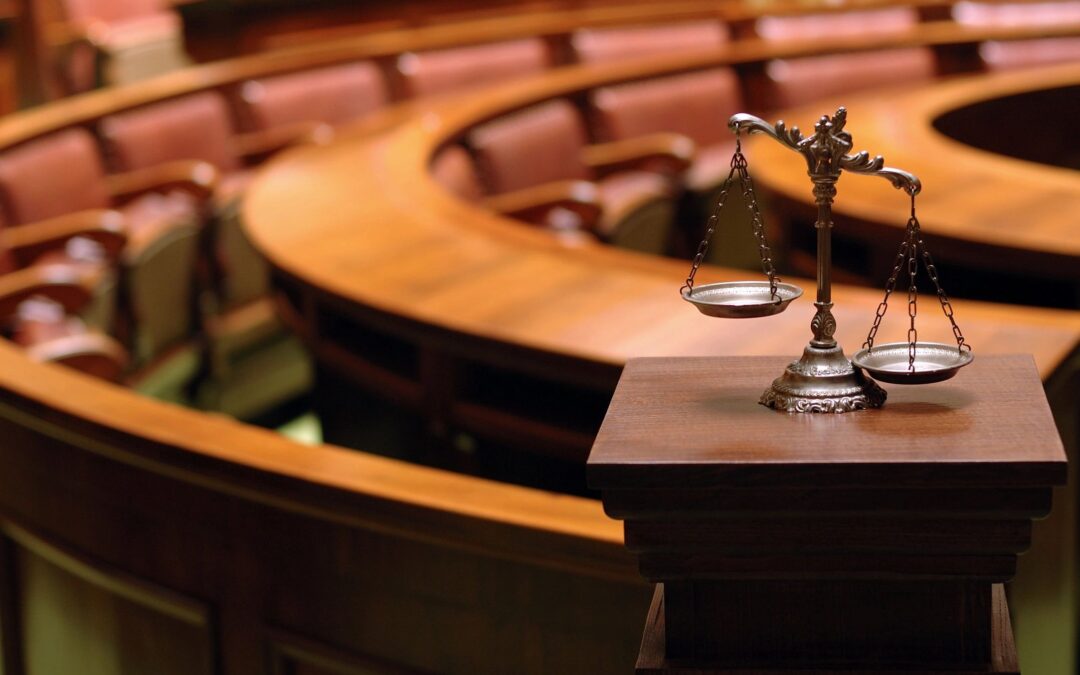
by Evan McLean | Nov 29, 2023 | Prior Art Issues, PTAB News, Trial Institution
By Evan Jones and Evan McLean – On September 21, 2023, the PTAB denied United Services Automobile Association’s petition to institute inter partes review of Auto Telematics’s U.S. Patent No. 9,633,487. IPR2023-00519, Paper 10. The ’487 patent relates generally...

by Matthew Johnson | Oct 20, 2023 | Final Written Decisions, Prior Art Issues, PTAB News
By Hannah Mehrle and Matt Johnson – At the Inter Partes review trial, Patent Owner attempted to swear behind Petitioner’s primary prior art reference by showing that the inventors of the asserted patents had conceived of the invention before the priority date of...

by Matthew Johnson | Sep 13, 2023 | Prior Art Issues, PTAB News, Trial Institution
By Evan Tassis and Matt Johnson – The PTAB recently denied institution of inter partes review of a patent directed to determining the pitch of roofs after finding that Petitioner failed to directly challenge the sufficiency of Patent Owner’s priority assertions...

by Matthew Johnson | Aug 24, 2023 | Prior Art Issues, PTAB News, PTAB Trial Basics
By Ernie Oleksy,* Robby Breetz, and Matt Johnson – Although provisional applications can be used to secure an earlier date for 102(e), the petitioner bears the burden of production in establishing a prior art date for the asserted prior art. The Patent Trial and...

by Matthew Johnson | Aug 18, 2023 | 325(d) issues, Prior Art Issues, PTAB News
By Mike Lavine, Aska Fujimori-Smith,* Jetta Cook, and Matt Johnson – The Patent Trial and Appeal Board (“PTAB” or “Board”) recently denied inter partes review (IPR) of an electrocardiography monitor patent under 35 U.S.C. §325(d), finding that the same or...

by Albert Liou | Aug 1, 2023 | Prior Art Issues, PTAB News, Trial Institution
By Albert Liou – In a recent decision denying institution, the PTAB rejected Petitioner Mercedes Benz USA’s argument that the challenged patent was not entitled to the filing date of its provisional application. Mercedes-Benz USA, LLC v. Westport Fuel Systems...







